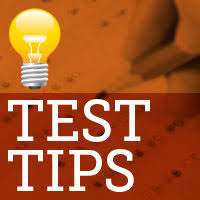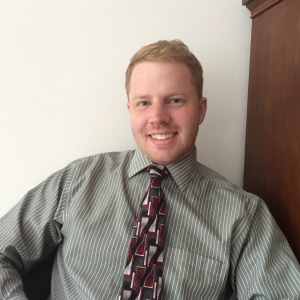
With a doctor of philosophy in chemistry from the University of Minnesota, Minneapolis, Evan August Weitz is a tutor at Achieve Academics, Plymouth, Minneapolis. He assists students in preparing for the ACT examination by strategizing ways to take the exam based on the students’ performance and exam concerns, including minor details such as ambient noise. Evan August Weitz also co-owns Absolute Sound Laboratories and works as a senior lab technician. Alongside work, he is a member of organizations aligned with his education, including the American Chemical Society and the Royal Society of Chemistry.
Officially chartered in 1848, the Royal Society of Chemistry, with its 300,000 members, aims to advance chemistry and promote collaboration between scientists and stakeholders in the industry. Also, the organization publishes new research and works with tutors on relevant training resources and industry trends for up-to-date materials and chemistry fundamentals. In addition, it fosters cutting-edge innovations through global competitions, such as the Emerging Technologies Competition.
The annual event supports chemistry-aligned innovations that solve societal issues and promote future sustainability. The eligible submissions include enabling technology, health, environment, and energy. The 2022 edition saw 60 winners drawn from over 1200 applicants from 23 countries, with the finalists raising grant and equity funding.




You must be logged in to post a comment.